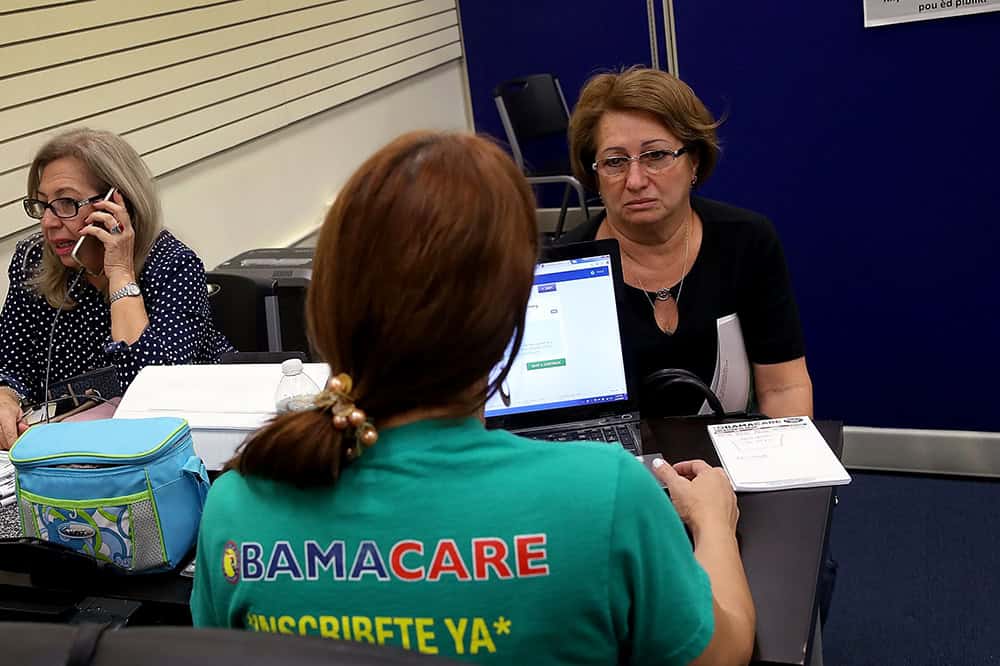Brown University Researchers to Illuminate Solutions on Prevailing Pandemic Challenges
Projects to address testing, schooling mode impacts, misinformation and vaccine passports will receive $226,536 in research support from Peterson Foundation fund.
PROVIDENCE, RI (April 14, 2023) — The Peter G. Peterson Foundation Pandemic Response Policy Research Fund is providing $226,536 to support four Brown University research projects that will help policymakers, health officials, educators and community leaders understand and address critical lessons learned from COVID-19.
The four research investigations, selected through a competitive process, will create a national diagnostic testing playbook; analyze learning loss recovery in U.S. school districts and the impact of schooling modes on student health; compile solutions to mitigate healthcare misinformation; and explore ways to enhance the security and safety of vaccine passports.
“These innovative research projects will help improve our understanding about future pandemics and their aftermath,” said Jill Pipher, Vice President for Research at Brown University. “They address hard lessons learned from the COVID-19 pandemic in critical areas including testing diagnostics, data privacy, misinformation and learning loss — and will help guide policymakers going forward.”
This year’s Peterson Foundation Fund awardees are:
- Privacy-Preserving Digital Health Certificates
Anna Lysyanskaya, Professor of Computer ScienceThis project will explore using privacy-preserving authentication algorithms in digital vaccine credentials to ensure that no personal information is revealed during a transaction other than the status of vaccination/testing requirements. “The policy implications of this work is that it will create a roadmap for the development of vaccine passports that are not as intrusive from the privacy point of view as the solutions that are currently available,” said Anna Lysyanskaya, principal investigator of the study. “In turn, this will lead to greater public acceptance of vaccine passports, and eliminate the possibility of discrimination due to loss of privacy as a result of their use.”
- Developing a Diagnostic Testing Playbook for Emerging Infectious Disease Emergencies
PI: Jennifer Nuzzo, Director of the Pandemic Center, Professor of Epidemiology
CO-PIs: Elizabeth Cameron, Professor of the Practice of Health Services, Policy and Practice
Scott Becker, Executive Director, Association of Public Health Laboratories
The national Diagnostic Testing Playbook will provide U.S. leaders a clear and evidence-based guide for making rapid and effective decisions about developing diagnostic testing in an infectious disease emergency. “More clearly defining the full set of decisions that need to be made, and by what actor, to establish and scale-up testing in a public health emergency will permit more timely and effective action to control the spread of disease, save lives, and help reduce social, healthcare and economic costs,” said Jennifer Nuzzo, principal investigator of the study. - COVID-19 Academic and Health Impacts on Students: Understanding Learning Loss Recovery and How the Pandemic Shaped Students’ Health Outcomes
Emily Oster, JJE Goldman Sachs University Professor of Economics
Through an analysis of learning loss recovery across school districts, the impact of schooling mode (in-person, hybrid, or virtual) on students’ health outcomes, and the factors affecting schooling mode decisions throughout 2020–2021, this project will provide education leaders and policymakers with insight into how to best help their students make academic gains following the pandemic and beyond. “School systems will have a deeper understanding of the ways in which schooling mode can significantly affect students’ health outcomes, enabling them to make more informed remote learning decisions in the face of future public health emergencies,” said Emily Oster, principal investigator of the study. - What We Know and Don’t Know: A Project to Understand How to Effectively Translate and Visualize Research on Mitigating Covid-19 Misinformation
Claire Wardle, Professor of the Practice of Health Services, Policy and Practice
A living literature review will document global misinformation intervention efforts, what works, and where interventions have been introduced, providing this information through a multidisciplinary lens to mitigate COVID-19 misinformation. “The COVID-19 pandemic wasn’t the first pandemic and it won’t be the last,” said Claire Wardle, principal investigator of the study. “Providing policymakers, community leaders and public health officials with tools to easily identify 1) interventions that have been effective against the many shades of COVID-19 misinformation and 2) knowledge gaps where future research on interventions is needed will be fundamental to protecting the public from future outbreaks of disease.”
“These investigations will provide insights and solutions for leaders at all levels to improve preparedness and mitigate the health, economic and fiscal impacts of national emergencies,” said Michael A. Peterson, CEO of the Peterson Foundation. “Our Foundation is pleased to support these timely projects that will make America more resilient and equipped for the future.”
Launched in 2022, the $1 million Peterson Foundation award fund supports innovative, multidisciplinary research on the challenges presented by pandemics across public health, health care, fiscal policy, the economy, and education in the United States, as well as potential solutions in those areas for policymakers to consider. In 2022, nine awards were made in the first cycle. In this year’s second funding round, Pipher and a committee of faculty reviewers selected four of 13 research proposals for awards ranging from $49,936 to $80,000. The one-year awards may be used to pilot entirely new projects and studies or to pivot or scale-up existing projects.
“These research projects create new insights or synthesize existing data in a new way to help increase our readiness for the next pandemic,” said Pipher. “All are topics worthy of academic study and I look forward to the solutions developed as a result of these investigations.”
# # #
For more information, contact:
Edel Minogue, Senior Director
Office of Research Strategy and Development
(401) 863-5465
edel_minogue@brown.edu
About the Peter G. Peterson Foundation
The Peter G. Peterson Foundation is a nonprofit, nonpartisan organization that is dedicated to increasing public awareness of the nature and urgency of key fiscal challenges threatening America’s future, and to accelerating action on them. To address these challenges successfully, we work to bring Americans together to find and implement sensible, long-term solutions that transcend age, party lines and ideological divides in order to achieve real results. To learn more, please visit www.pgpf.org.
Further Reading
The Debt Ceiling Will Be Reinstated on January 1 — Here’s What’s at Stake
One of the first, and most consequential, decisions facing newly elected lawmakers will be what to do with the debt ceiling.
How Does Student Debt Affect the Economy?
As overall student debt has grown over the past decade, it is apparent that such borrowing can place a financial burden on households.
How Does the Federal Government Subsidize Healthcare Under the ACA — and What Does It Cost?
In 2025, the expansions of the premium tax credit under the Affordable Care Act will expire, and lawmakers will have to decide whether to extend them.


